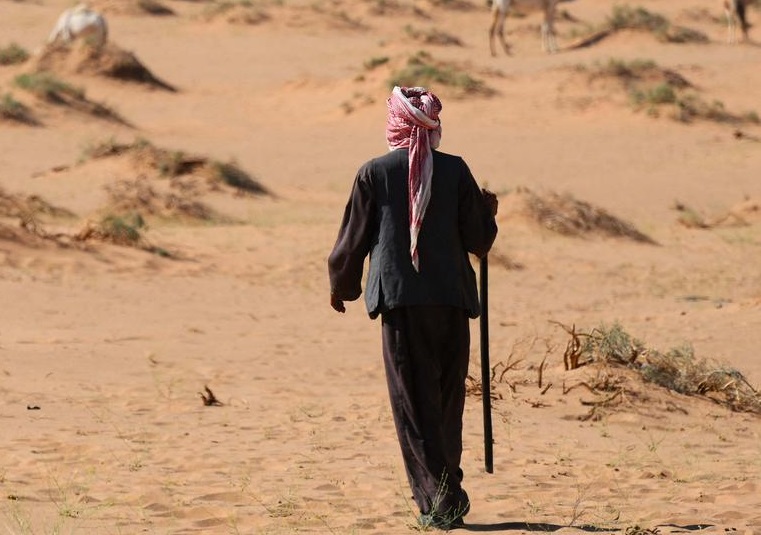By Amb Salim K
The Middle East is one of the most vulnerable regions to climate change, with temperatures in Saudi Arabia warming at a rate that is 50 per cent higher than the rest of the Northern Hemisphere.
The impacts of climate change and extreme weather conditions will continue to disproportionately impact vulnerable and marginalized populations throughout the Middle East and North Africa (MENA), including migrants and refugees, women and girls, lower-income citizens, and workers in the informal, agricultural, and tourist sectors, among others.
According to the World Bank, increasing exposure of women and girls to climate-related hazards, such as extreme heat or water scarcity, further drives gender-based violence in the MENA region. Moreover, increasing extreme weather patterns will inordinately jeopardize the lives and livelihoods of impoverished populations, with small farmers and women typically hit hardest by the loss of agricultural productivity due to natural disasters.
Migrant workers in the Middle East – an estimated 10 million of whom reside in Saudi Arabia according to Amnesty International – are particularly vulnerable to climate change and increasing temperatures. Migrant workers in Saudi Arabia, as in other parts of the Gulf region, are often subject to substandard living and working conditions, exploitation, and abuse by their employers or recruitment agents, including passport confiscation, failing to pay wages, illegal recruitment fees, and debt bondage.
Although Saudi Arabia has stated that it has abolished the kafala system – where workers are tied to their employer – employers still wield the power to revoke or not renew work permits, which can lead to workers being deported. Most migrant workers have to pay incredibly large fees to recruitment agents for their jobs in the Gulf, yet many are reportedly deported before they can pay off the costs of the fees.
The lack of legal protections, access to healthcare, and education for migrant workers makes them particularly vulnerable to the impacts of climate change and extreme weather. The often physically demanding and dangerous working conditions faced by migrants in Saudi Arabia and other Gulf countries, such as in construction, expose them to elevated levels of air pollution, heat stress, and various other climate-change-related risks. These risks are compounded by long working hours, low pay, and inadequate safety and health training to mitigate the risks of climate change while working in these jobs.
Climate-related risks to migrant workers will be exacerbated and increase with the almost inevitability of Saudia Arabia hosting the World Cup in 2034; it was the only country to place a bid. The Gulf state will rely on tens of thousands of low-wage migrant workers to construct new transport networks, hotels, stadiums, and training grounds – all projects that will likely place these workers in conditions of extreme weather and heat.
Amb Salim K W is a Foreign Policy Analyst and Researcher at Network for Education & Multidisciplinary Research Africa(NEMRA).
Do you have a story or an opinion to share? Email us on: dailyexpressug@gmail.com Or follow the Daily Express on X Platform or WhatsApp for the latest updates.

